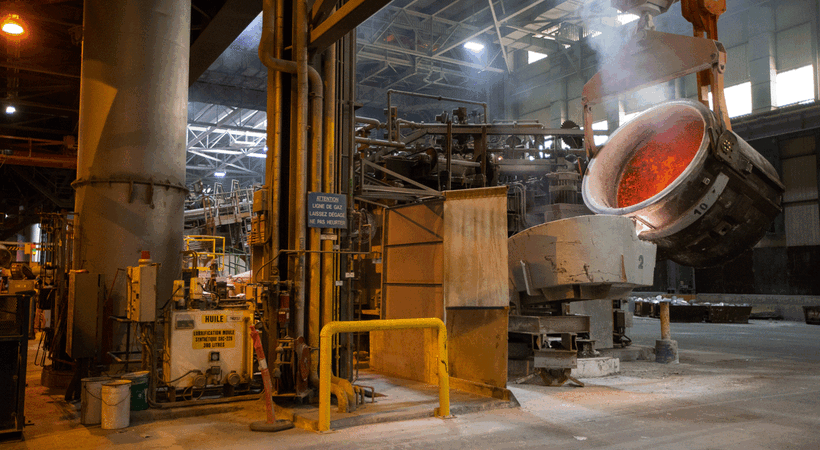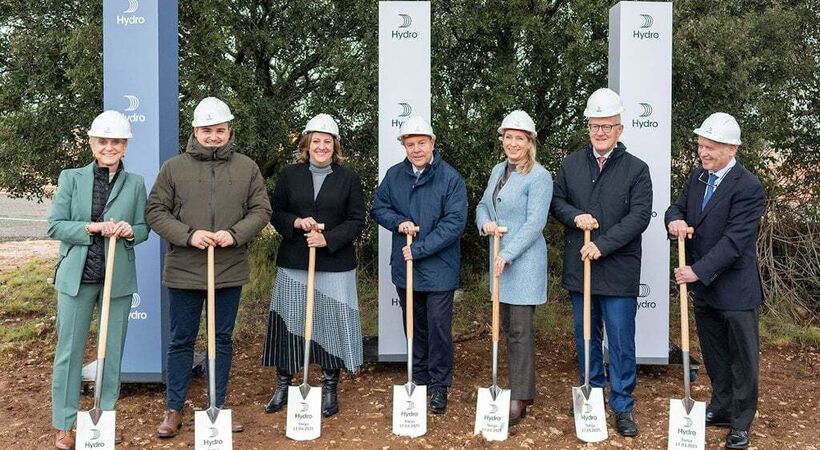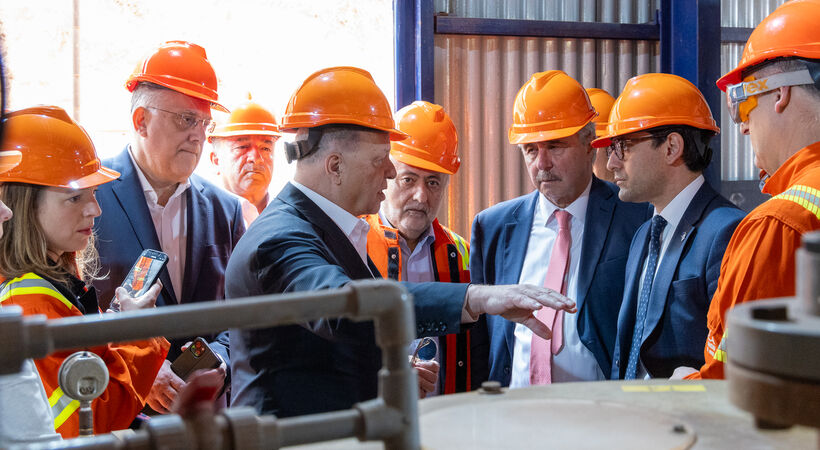The potential ramifications of proposed tariffs on aluminium imports by former US President Donald Trump are causing considerable concern within the industry.
Bill Oplinger, CEO of leading aluminium producer Alcoa, recently voiced strong opposition, arguing that the move could trigger significant job losses across the US.
Speaking at the BMO Global Metals and Mining Conference in Florida, Oplinger cautioned that a flat 25% tariff on aluminium imports, intended to bolster domestic production, could backfire. He estimates the tariffs could jeopardize approximately 20,000 jobs within the aluminium industry itself, with a further 80,000 jobs at risk in supporting sectors.
“This is bad for the aluminium industry in the US, it’s bad for American workers,” Oplinger stated, highlighting the potential negative impact on the US economy.
Alcoa, despite being headquartered in Pittsburgh, has reduced its US production in recent years, citing factors such as high electricity costs. While Trump administration officials have reportedly requested Alcoa to restart idled US facilities in response to the proposed tariffs, Oplinger remains skeptical.
He emphasizes that the long-term viability of such an investment hinges on more than just tariffs. “It’s very hard to make an investment decision, even on something like a restart, without knowing how long the tariffs will last,” he explained. Alcoa’s primary concern lies in accessing a stable and cost-effective energy supply. Oplinger clarified that “If we were to be able to find cheap, low-cost energy in the US, then we would actually consider an investment in the US, but it has to be energy for a very long period of time.”
This situation highlights the complex interplay between trade policy, industrial competitiveness, and energy costs. While the goal of boosting domestic aluminium production is understandable, the potential unintended consequences, particularly job losses, warrant careful consideration and a more holistic approach that addresses underlying cost structures within the US market. The future of aluminium production in the US may depend on finding a balance that supports domestic industry without jeopardizing economic stability and employment opportunities.
Source: Alcoa with additional information added by GlassBalkan







